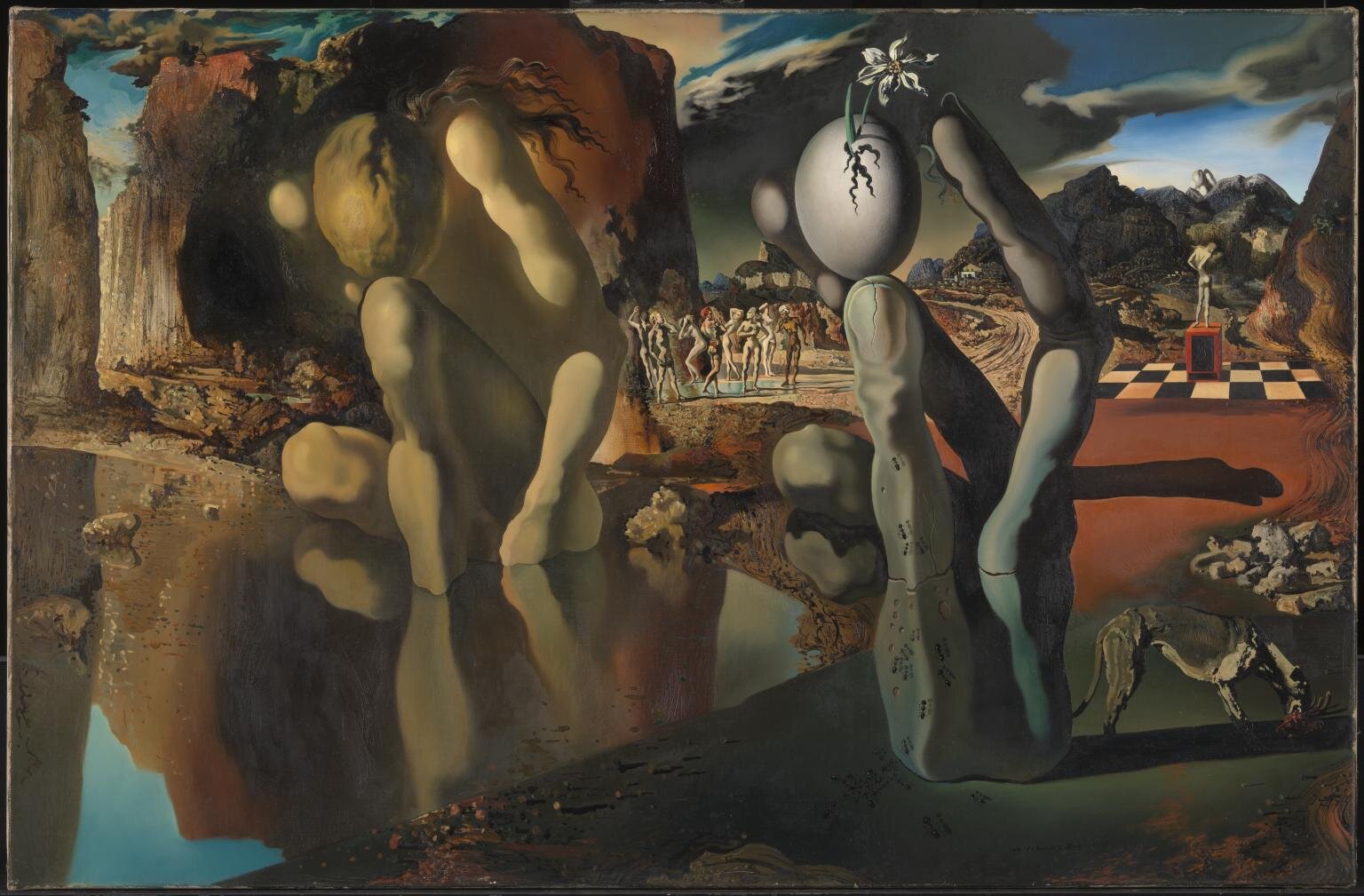Ready Player One is not a love letter to popular culture, but the crushing revelation that art is utterly futile. That someone may present to an audience Brazil, A Clockwork Orange, Star Wars, The Iron Giant, The Lord of the Rings, Star Trek, or even Kurt-fucking-Vonnegut as meaningless commodities whose existence is only valuable to the protagonist in so far as they either look cool or will help him become rich and famous, and supposed fans of these works will embrace such a depiction is nothing short of sickening.
Nor is Ready Player One the depiction of a dystopia, but a somatic propaganda in which the aristocratic doofuses are not hucksters, snake oil salesmen and quasi-religious figures who give value to their stocks only through the cult of personality they have cultivated are actually the geniuses they claim to be, capable of singlehandedly building virtual worlds all by themselves. (How anyone who claims to be a fan of Monty Python can depict the upper-class as anything but twits is astounding.) Though, when the virtual worlds they create are this vapid, maybe even someone like the world-renowned paedophile and entrepreneur, Elon Musk, would actually be capable of making one, too. Not to mention the fact that in spite of climate catastrophe and techno-feudalism, everyone still gets to play vidya games and watch movees (even in school!), so the world still seems, if anything, better than the one in which we live. To give him some credit, at least we see that in the grandiose visions of Elon Musk, there is nothing more than vanity—yet Ready Player One glorifies such vanity, giving us trivia in place of theology, and telling us this is the gospel: so long as we worship our new feudal lords, they will reward us with cool in-game items.
There are two human moments.
A black character finds freedom in the digital world, able to hide her blackness and thus escape racial persecution. The unstated subtext Ernest Cline is too afraid to say out loud: in this techno-utopia where anyone may be anything, black people must hide their identity to escape racial persecution. Yet we encounter no racism over the course of the book. Is sticking one’s fingers in one’s ears and closing one’s eyes a trait of the protagonist, or the fear of the author that he might offend his ear-fingering and eye-poking audience?
The protagonist’s relationship with his trophy is interesting in so far as he is never sure if she is really who she claims to be (gold, bronze, or silver), this being a fantastical depiction of the internet, after all. And while there is nothing wrong, theoretically, with her turning out to be exactly who she says she is (gold, but scratched), it never evolves beyond him just blankly stating I DNO IF U RLY HU U SY U R over and over; indeed, the fact that two characters courting one another discover each other to be exactly how they imagined the other says all you need to know about the depth of Cline’s characterisation—a failing made even more painful considering that this is the only concrete theme in Ready Player One.
I have watched the sort of idolatry in which Ready Player One revels grow over the years in the gaming community, and I find it, frankly, terrifying. The things Ernest Cline references are the same things loved by people who claim politics (what they really mean here is themes) are destroying [post-]modern art, but it takes the same sort of unthinking, loveless, joyless consumption of art to conclude that pretty much anything Ernest Cline references is apolitical. Yet I cannot help but feel pity for such people, because to consume art in this way, means that their own life must be without thought, without love, and without joy.
I had hoped that Ready Player One would, at least, have offered me some insight into this horrific way of conceiving of art, but on finishing it I am just as confused and frightened when confronting such thinking as I have ever been.
How can Cline claim to love anti-consumerist Rush, when he has written a novel which reduces the likes of Tolkien to an intellectual property which exists only for the purpose of mass production? I may be as frustrated by Tolkien’s works as much as I love them, and think very little of the film adaptations, but in speaking to lovers of both I have never had difficulty in understanding why they love them; why Cline does, I cannot even guess. Indeed, how can Cline claim to love anything at all, when the love interest of his story is a narcissistic projection of the protagonist, exactly in reality as he envisioned her in his head?
I am left with the troubling notion that, perhaps, the protagonist is a narcissistic projection of Ernest Cline himself.


